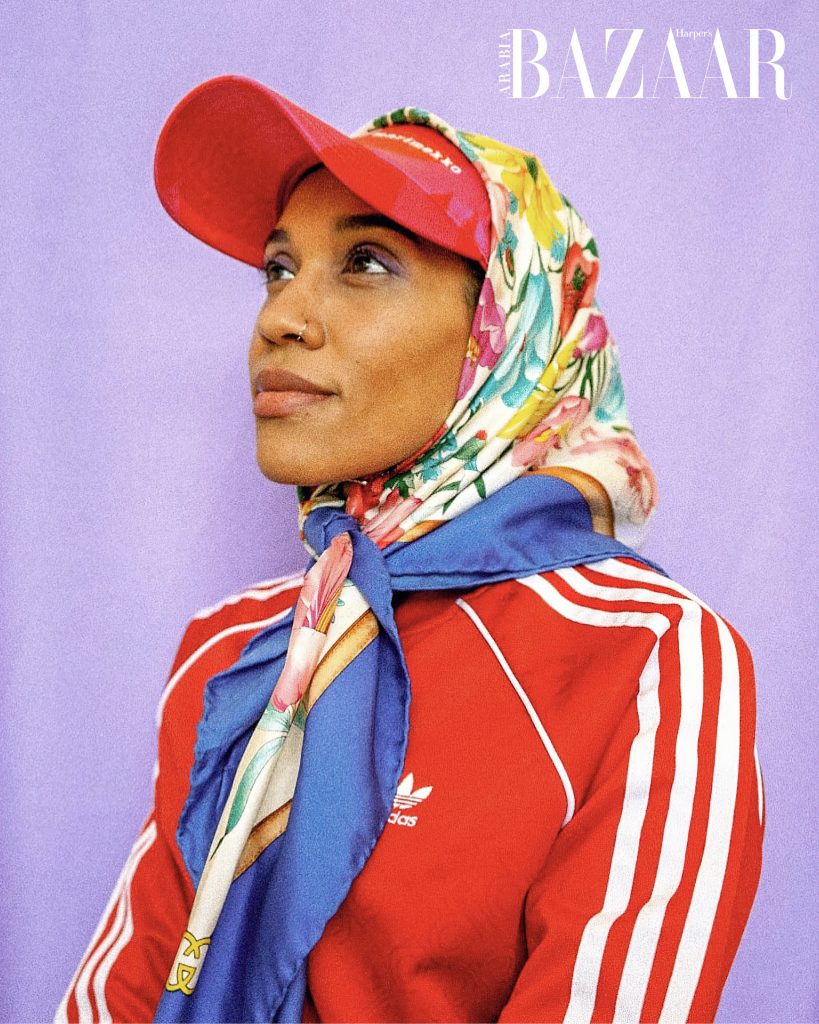While winning an Olympic medal is a personal goal for thousands of athletes, for 24 nations it is a dream that has only ever come true once. Tokyo2020.org looks at the glorious moment and the impact it had on the lives of the athletes who achieved it.
The background
Sudan made its Olympic debut at Rome 1960 and since then the country has participated in most of the Olympic Games.
Despite its nearly 50 years of participation in the Olympics, Sudan’s first medal on the world’s greatest sporting stage didn’t come until Beijing 2008, when Ismail Ahmed Ismail won silver in the men’s 800m.
Born in a Darfur farming tribe, Ismail was introduced to athletics at school. Surprisingly, instead of 800m, he started as a 3,000m runner and participated in 1,500m races as well. After watching his performance in long-distance races, the then national athletics coach Omer Khalifa advised him to move down to 800m. So he did and went to win the National Junior Championships.
In 2002, Ismail participated in the World Junior Championships in Kingston, Jamaica and finished fifth in a time of 1:47.20. Two years later, he had his first Olympic experience at Athens 2004, where he made to the 800m final after a personal best in the semi-final. But he would go on to finish last in the final.
In an interview with IAAF in 2008, Ismail explained that he was not optimistic at the prospect of winning at the Games and was exhausted in the final.
“I just wanted to do my best,” he said.
History in the making
Al though Ismail continued improving his performance in 800m, since Athens he had been troubled by injuries and only took part in a few races throughout 2007. But he did not allow this setback to seize his dreams on the track.
“I knew I was going to come back. My coach (Jama Aden) was the one talking to me. I ran in the African Championships (2008, in Addis) and I was 2nd. I know I can do it again,” he said in the IAAF interview.
Somali-born Jama Aden is an Olympian himself and had coached Abdi Bile to a world title in 1987. He saw great potential in Sudanese runners like Ismail.
Aden’s confidence became a driving force behind the athletes, who trained on a land troubled by conflicts and poverty. According to a report by The Christian Science Monitor back in 2008, Ismail and his teammates had to use old paint cans filled with concrete for weight training and would run at the track at the never-completed athletics stadium surrounded by rubble. They also had to finish training before sunset as there were no floodlights.
Thanks to a rebound in early 2008, Ismail made it to Beijing 2008 together with another home favourite Abubaker Kaki, who ran a world junior 800m record of 1:42.79 at the Oslo Bislett Games in June 2008.
But a small injury stopped Kaki in the 800m semi-final in Beijing with Ismail making the final. This time, he did not let the chance go.
Placed at lane eight, Ismail had a relatively slow start but then he sped up on the second lap to pass reigning world champion Alfred Yego of Kenya. He kept the momentum until the finish line to finish behind Wilfred Bungei of Kenya. Clocking 1:44.70, he won Sudan’s long-awaited Olympic medal, a silver.
Life-changing impact
Ismail’s historic win in Beijing has another huge significance on the world outside sport. His success came in a time when Sudan was facing an unprecedented political crisis. To him and his teammate, Beijing was a chance to show people the positive side of Sudan.
After securing the country’s first Olympic medal, according to AP, people in Sudan hailed Ismail as a national hero and the picture of him wrapped in a Sudanese flag landed him on the front pages of the country’s newspapers.
Quoted by the Sudan Media Centre, Ismail said, “I can’t find words to express my joy. This is an achievement for my country first and then for me. I was able to achieve this honour because of a lot of hard training.”
With his achievement at the Beijing 2008 Games saw Ismail became the flagbearer at the Opening Ceremony of London 2012. However, in London he failed to make the 800m final.
At Rio 2016, no Sudanese athlete participated in the men’s 800m.
Scrolling through Sudan’s Olympic record, one could easily notice that athletics has been their major field of competition. Among the 81 Olympic participants, 33 of them are in athletics, followed by 17 in boxing. With Ismail’s historic breakthrough, there is a fair reason to expect Sudanese athletes to mark another milestone in the future.
source/content: olympics.com (headline edited)
_____________

(Picture by 2008 Getty Images)
__________
SUDAN

